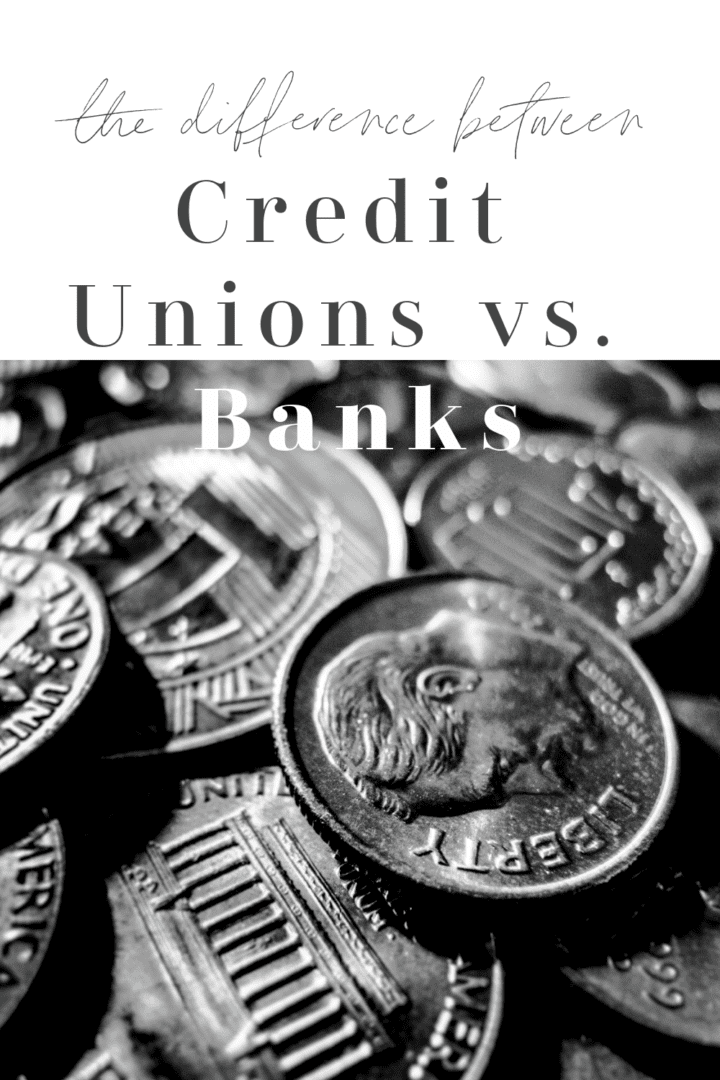Share the bill with friends with Square Cash
Share the bill with friends with Square Cash I can't believe the holidays are already here. If I am being honest, they snuck up on me quickly. With my life, you never know when...
A credit union is a financial cooperative formed and operated by its members. The corporation operates on the people-helping-people principle by providing credits and other financial services at competitive rates. Credit unions are not-for-profit organizations and therefore exempted from (some) taxes. There are all types of credit unions from small size to large corporations; most organizations create these unions for their members and employees. We hope that you enjoy this Credit Unions vs. Banks post.

Credit unions offer investment services, make loans, issue checks, hold deposits, and issue ATM cards to its members just like a bank. They were designed to serve the financial needs of individuals with a common bond. For example, some credit unions require you to be a member of a teacher's organization or a member of the U.S. military. Others are more relaxed: Mission Federal, a credit union in San Diego County, simply requires that you be a resident of that county.
Any profits coming into credit unions are either paid out to members as dividends or invested in the organization. Tax exemption enables credit unions to charge lower interest rates compared to other financial institutions. Credit unions have a lot of benefits to individuals, businesses, and the local neighborhood. Below are some of the benefits:
Credit unions are not necessarily as strict on qualification standards. If your credit score is low, the credit union might be more forgiving. An individual has the advantage of getting higher rates on saving accounts, too. The credit union's personalized credit assistance helps members increase their credit scores to get out of their debts and help them achieve their short-term and long-term financial goals.
When you open a business account with a credit union, you are qualified for credit cards and lending options. There are various reasons you need to join a non-profit organization as a business. For example, you can benefit from lower fees and loan rates. Below are other benefits of using credit unions for your business. When working with credit unions, you can easily access loans. With mobile banking facilities, you don't have to travel for approval because they use the local approach. It is always a win-win situation when credit unions provide loans to small business owners to boost the local economy. In the end, they create a positive impact on the economy.
Credit unions offer small businesses a personalized experience. You get free financial planning and counseling for better decision-making on your finances. Most credit unions are specific to a particular community and can understand their members' personal needs and help them achieve them. The tailored approach to business lending helps business owners prioritize their needs.
Credit unions' impact in the local community is felt through donations, foundations, volunteer hours, sponsorships, and scholarships. These unions use an innovative approach to help communities thrive. The profits generated funds for expertise, and new businesses, and also directs them into the community. The local community receives financial literacy education from the credit unions. The city gets informed on how to manage debt and access capital to start businesses. In the process of impacting the community, the nation's economy grows.
 The differences between credit unions and banks
The differences between credit unions and banksA bank is a financial institution that receives deposits, makes loans, and provides other financial services for financial gain. There are many differences between a bank and a credit union. The following are some of them:
https://divinelifestyle.com/how-to-live-well-on-a-budget/